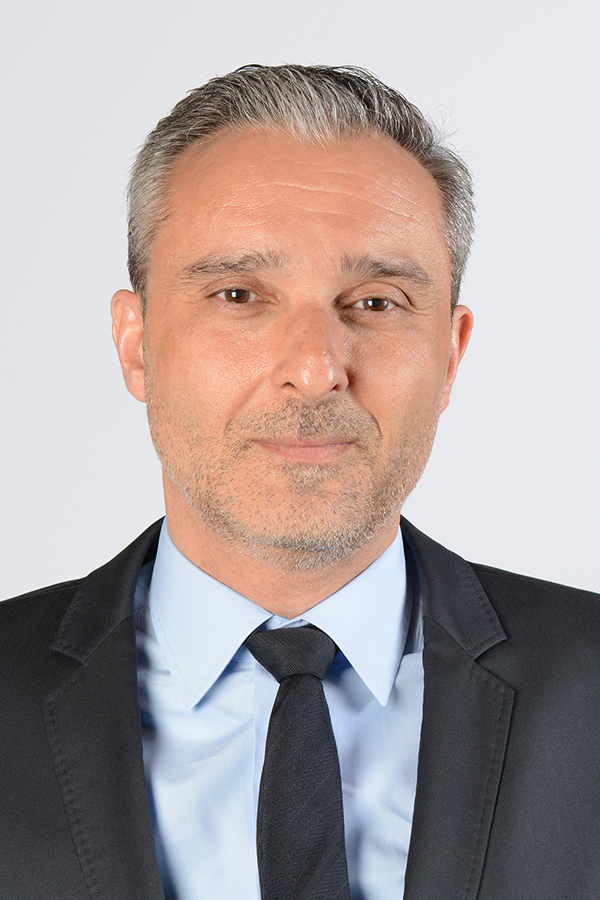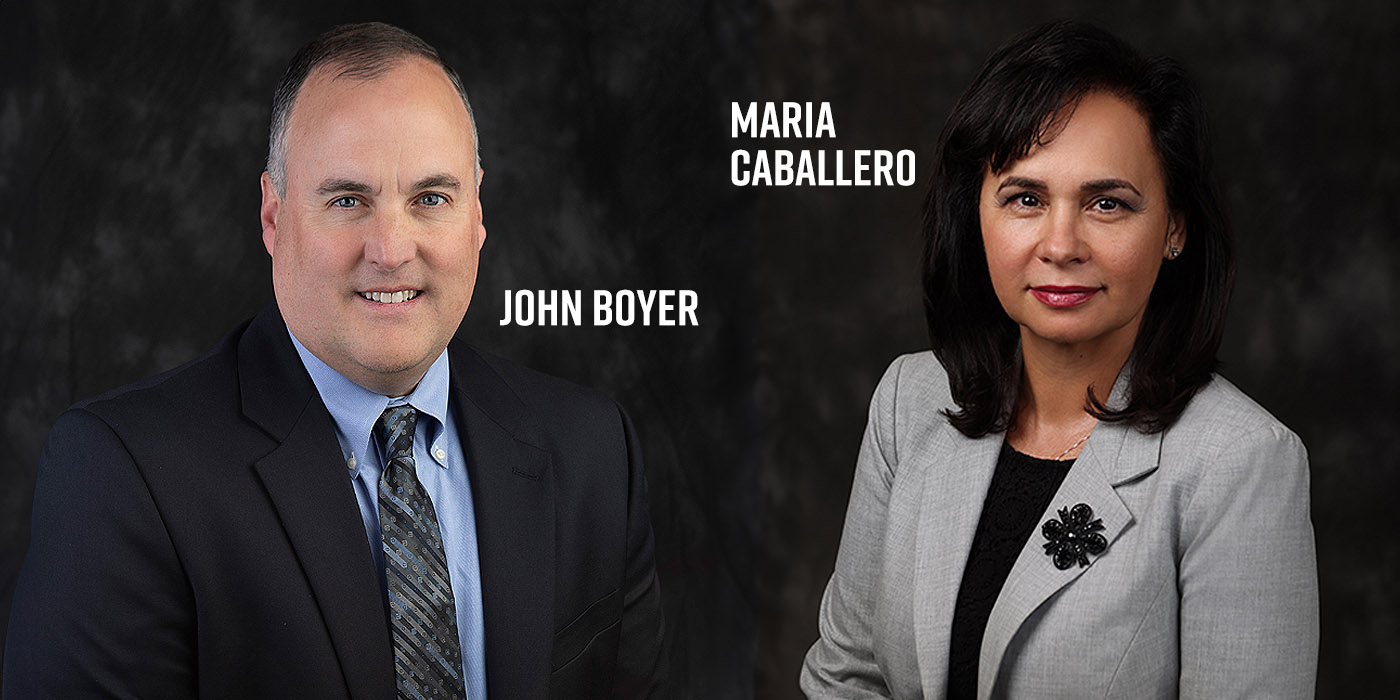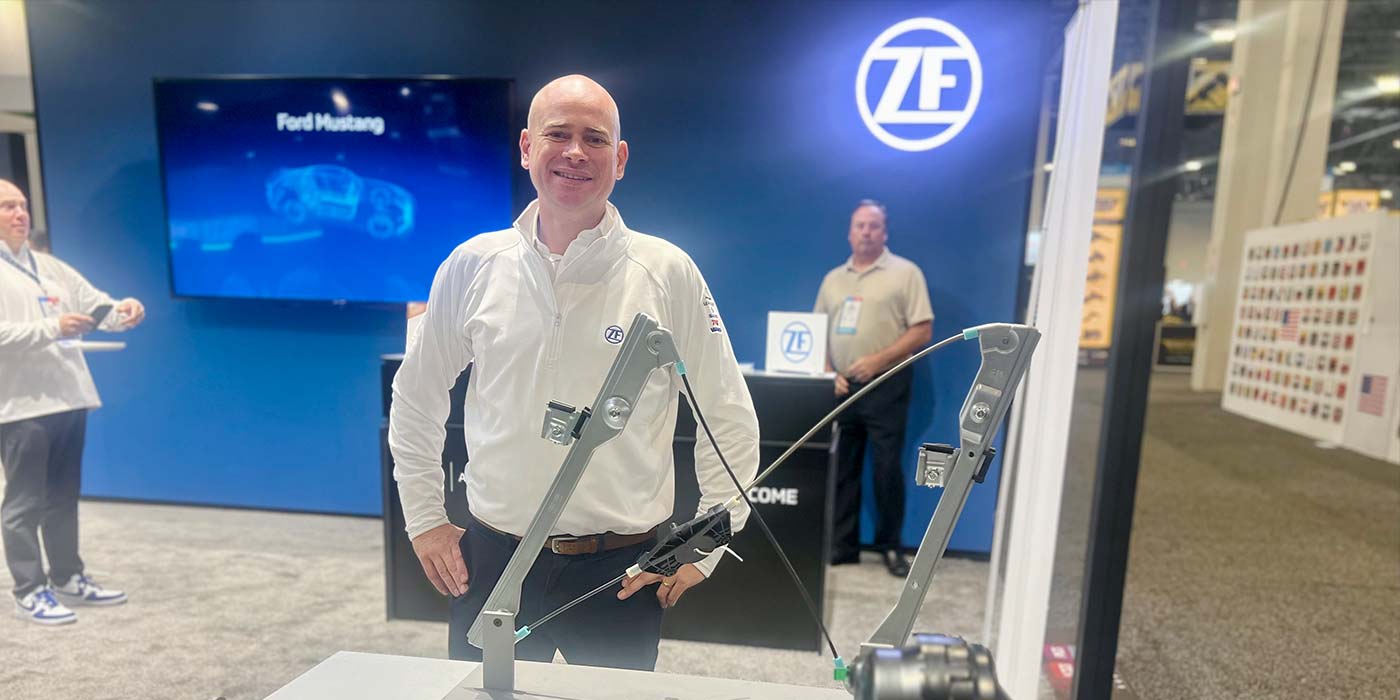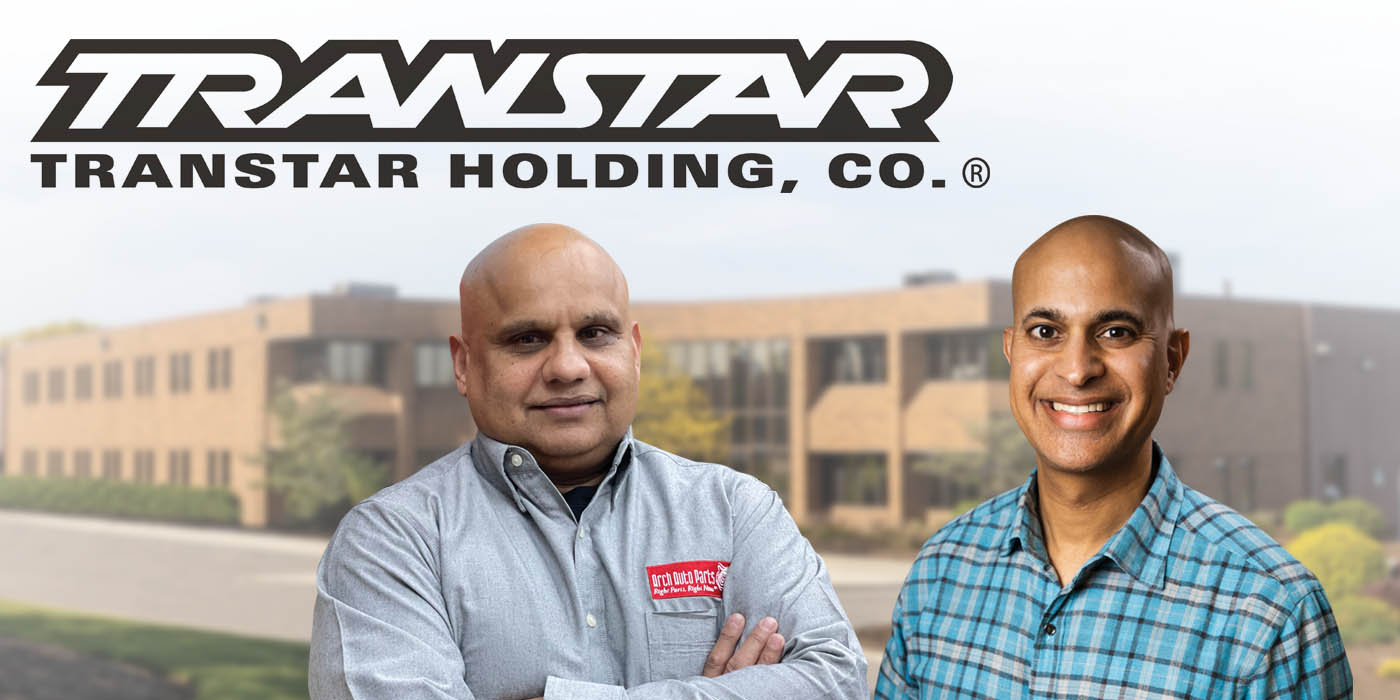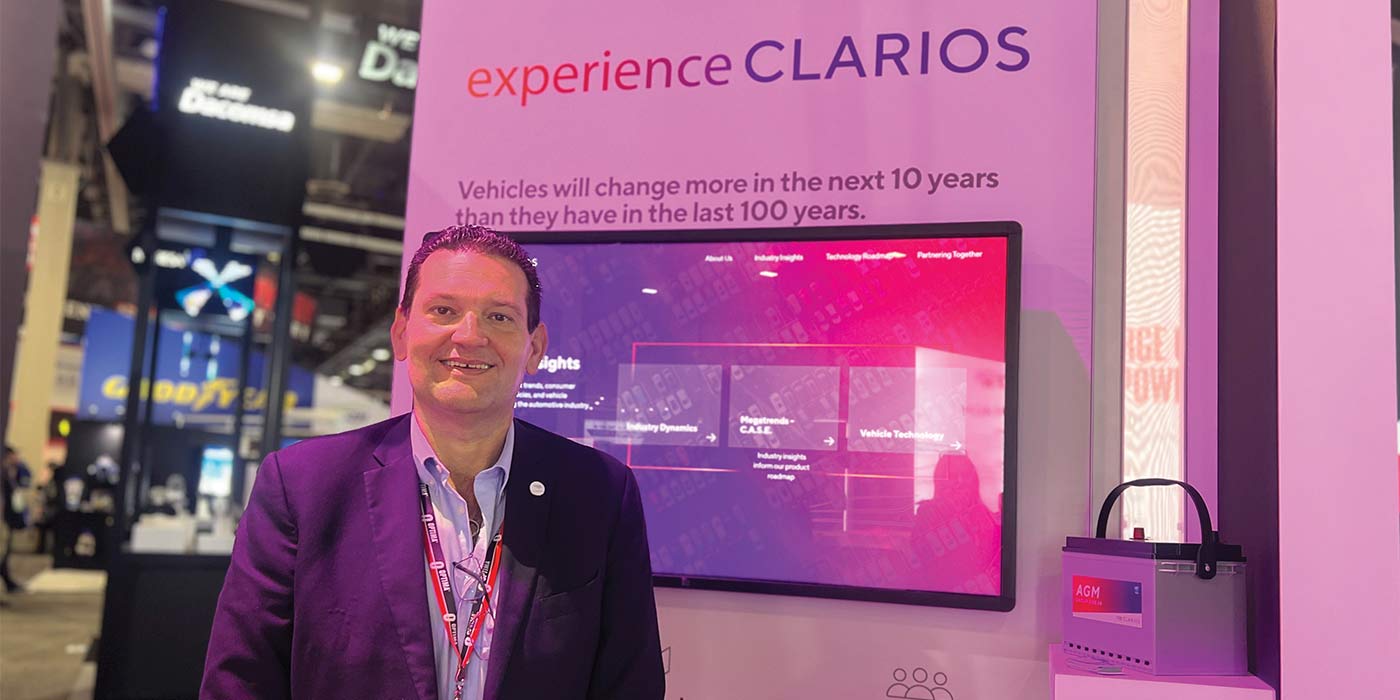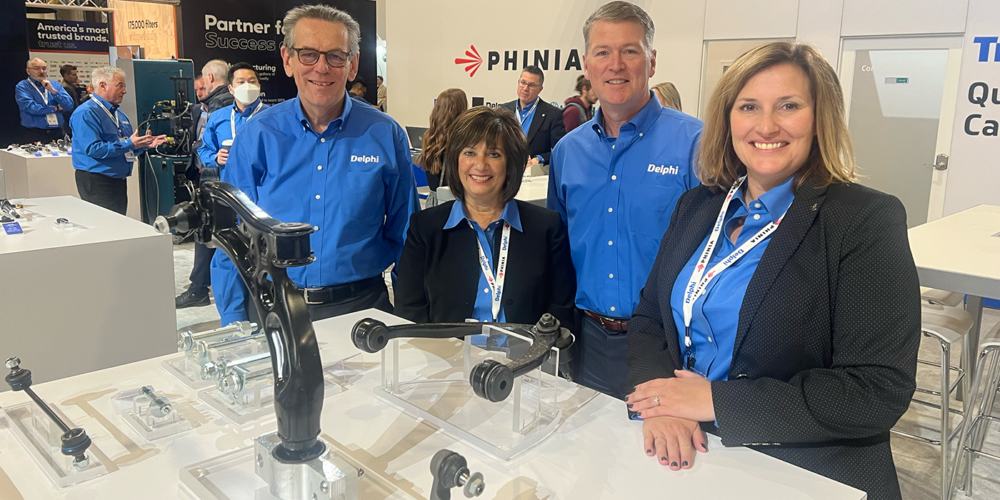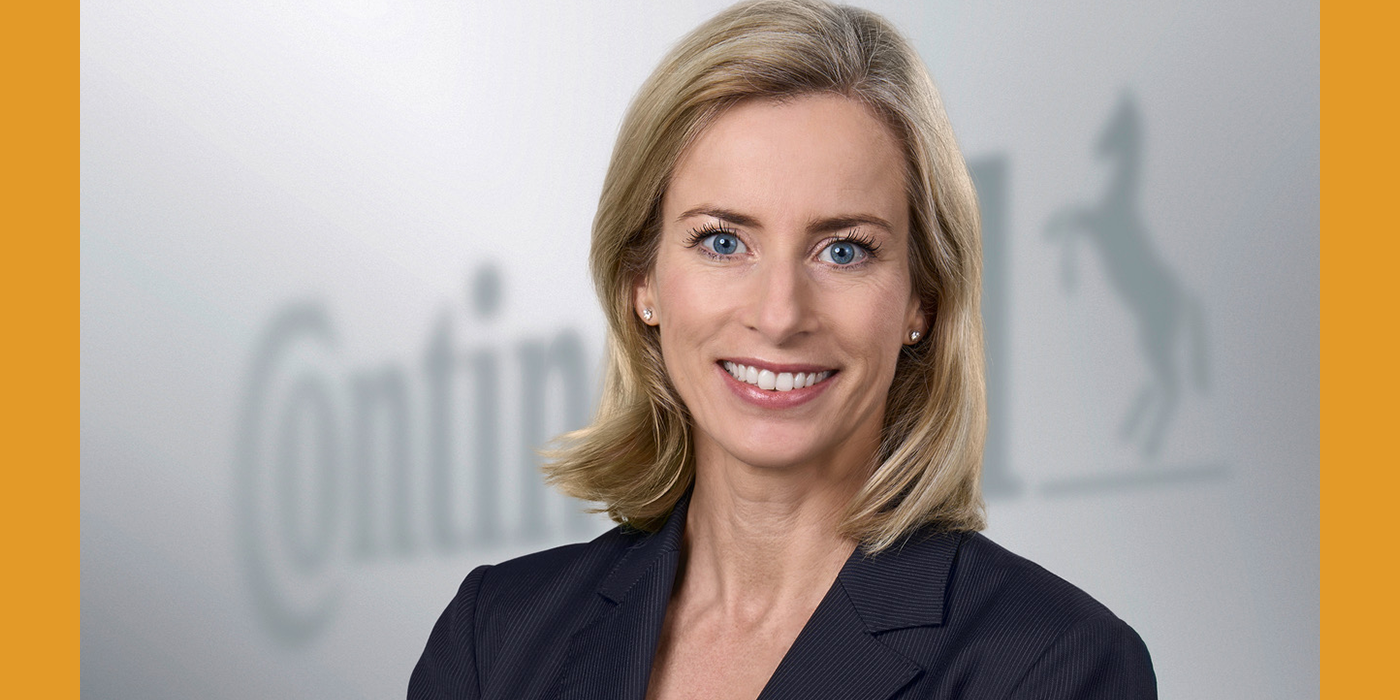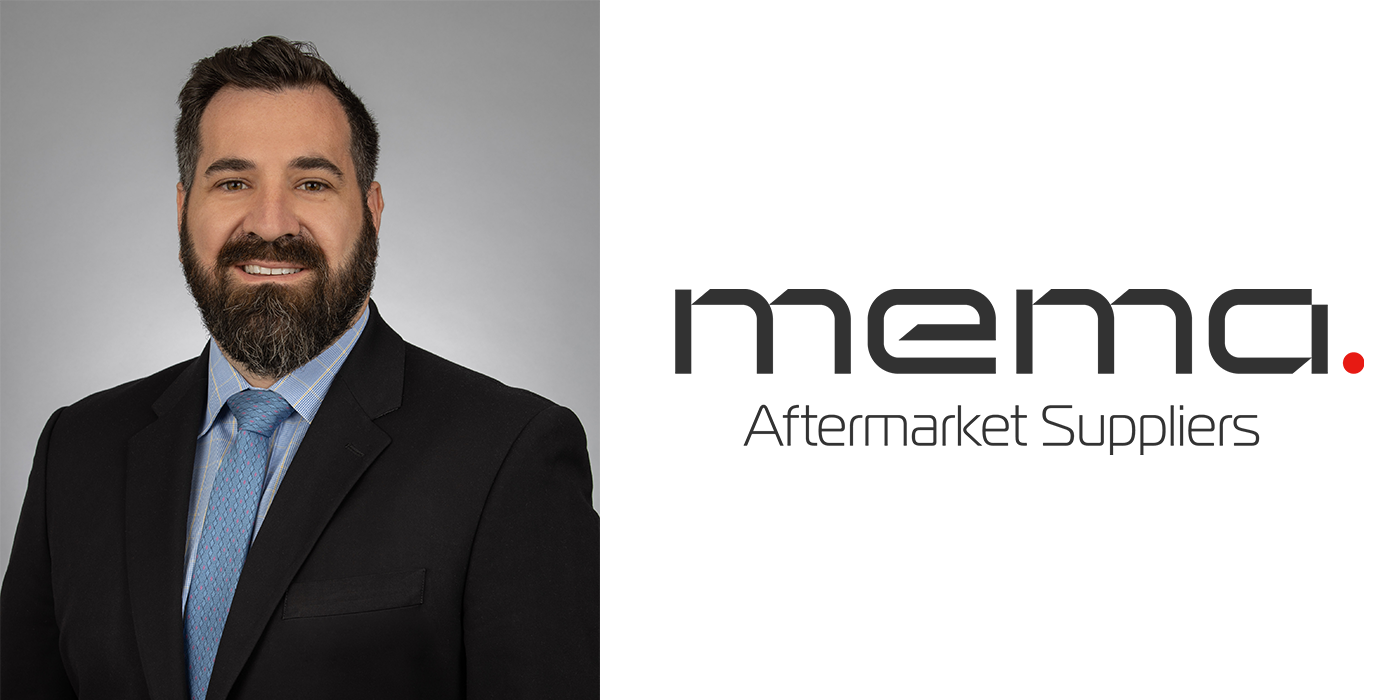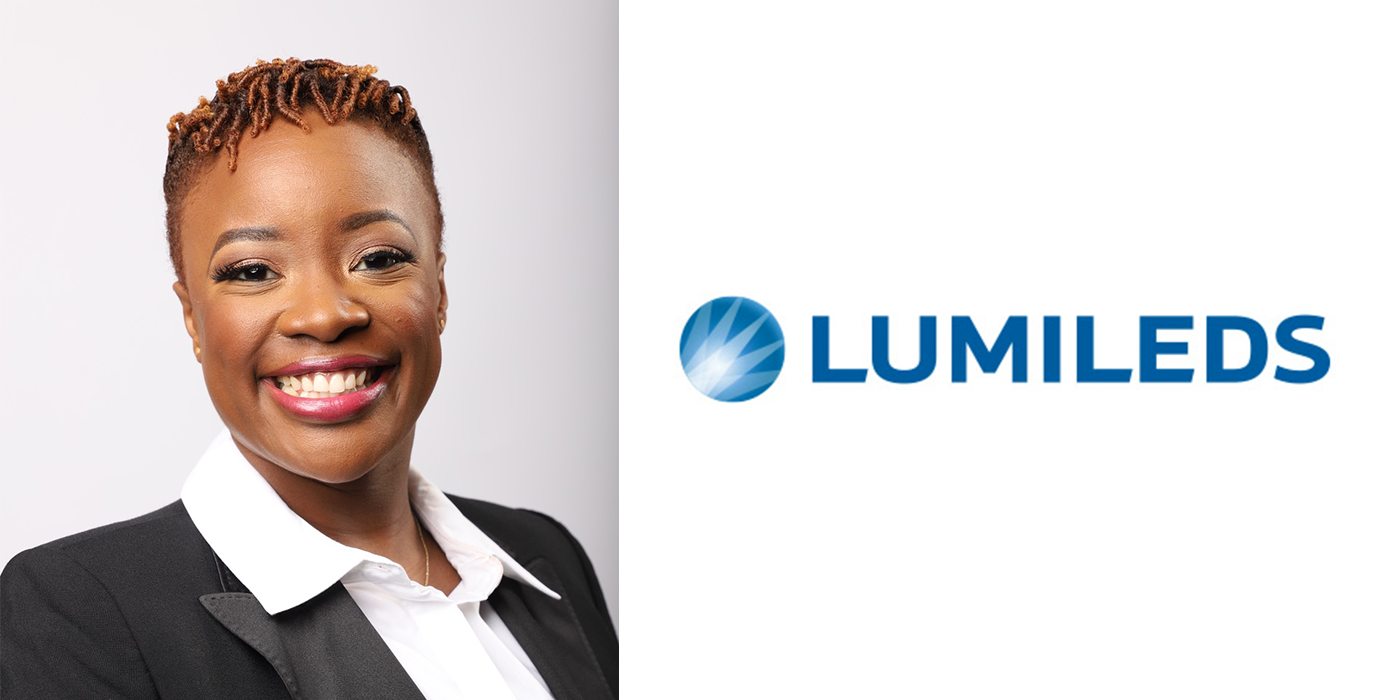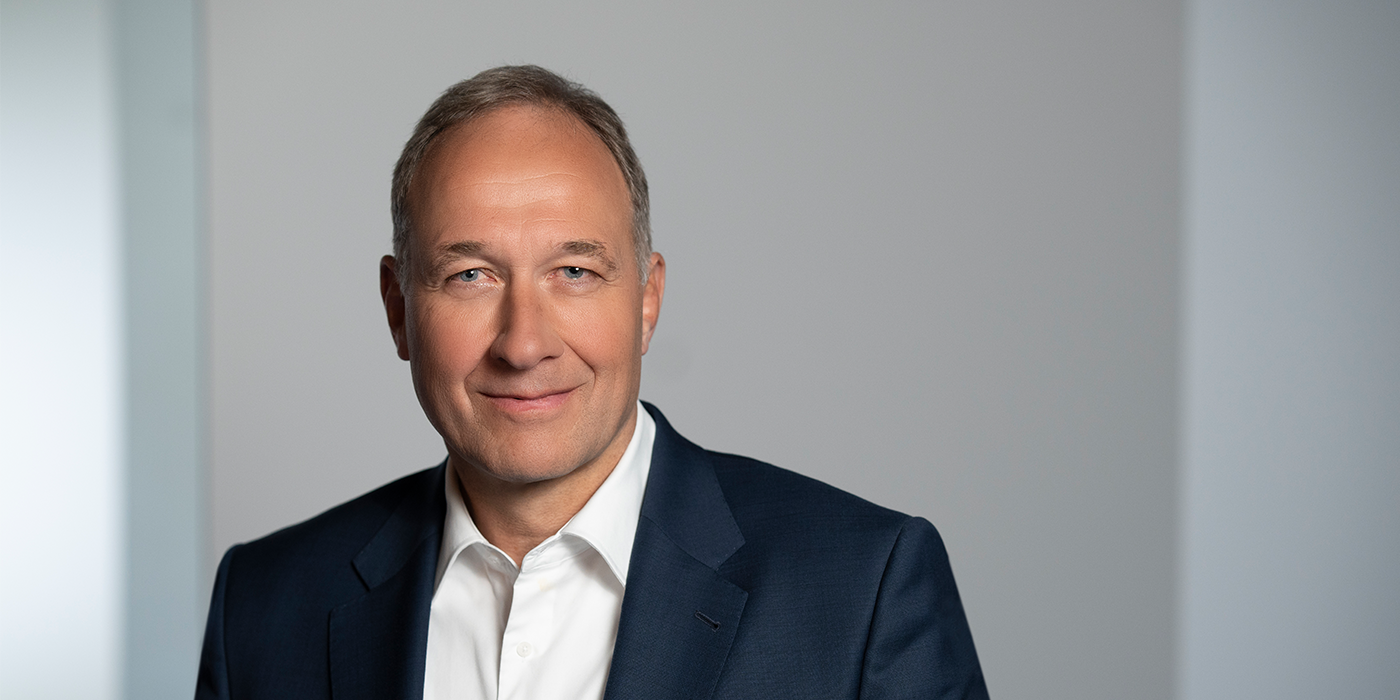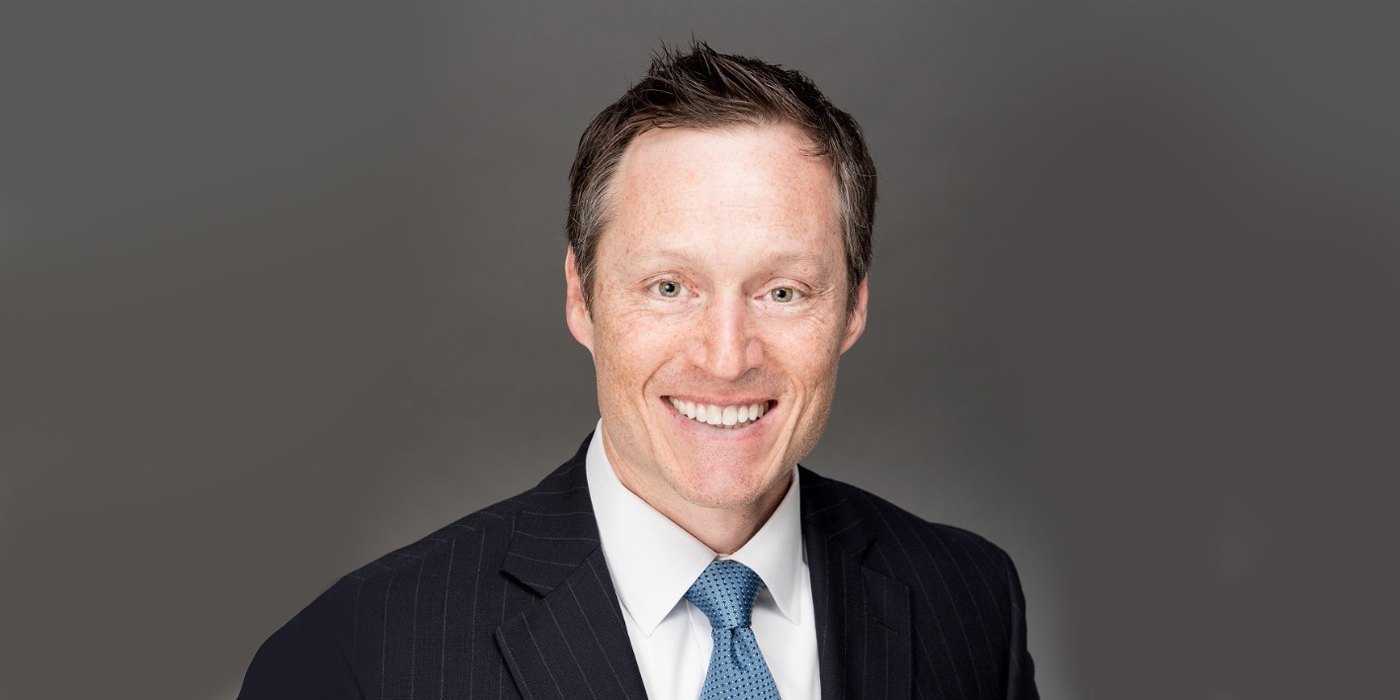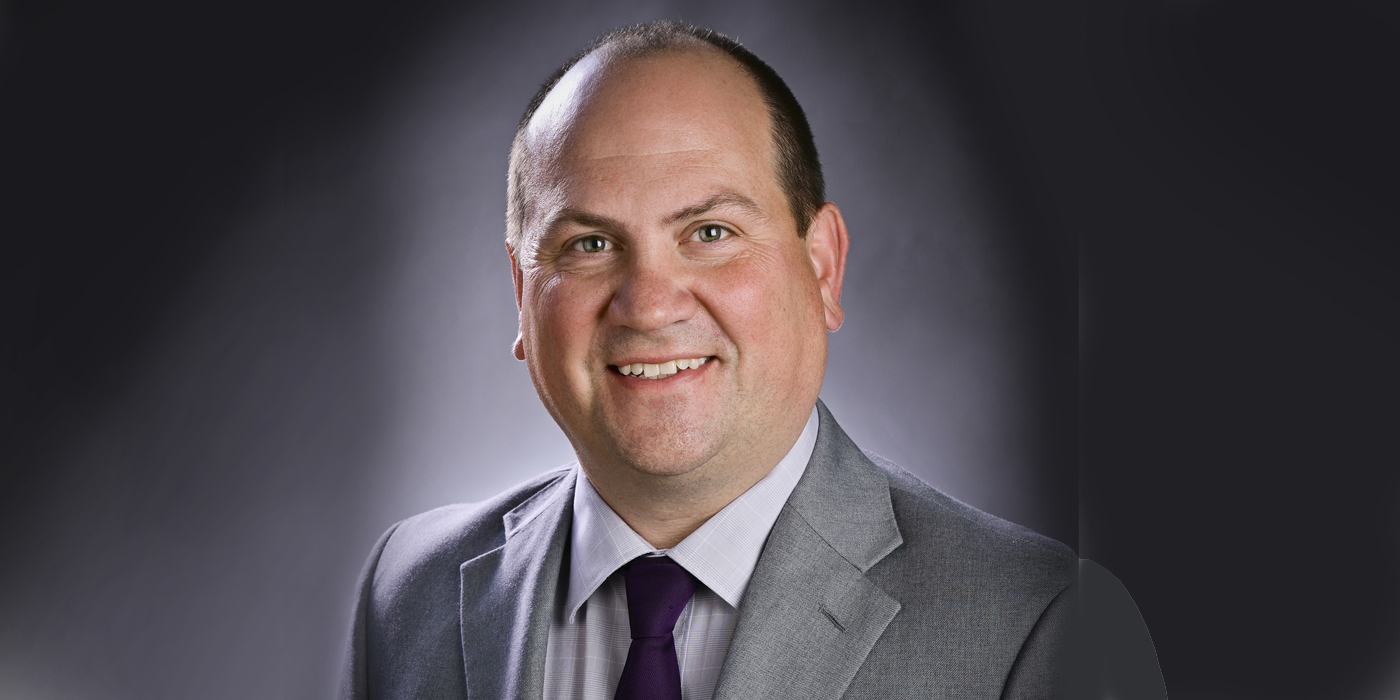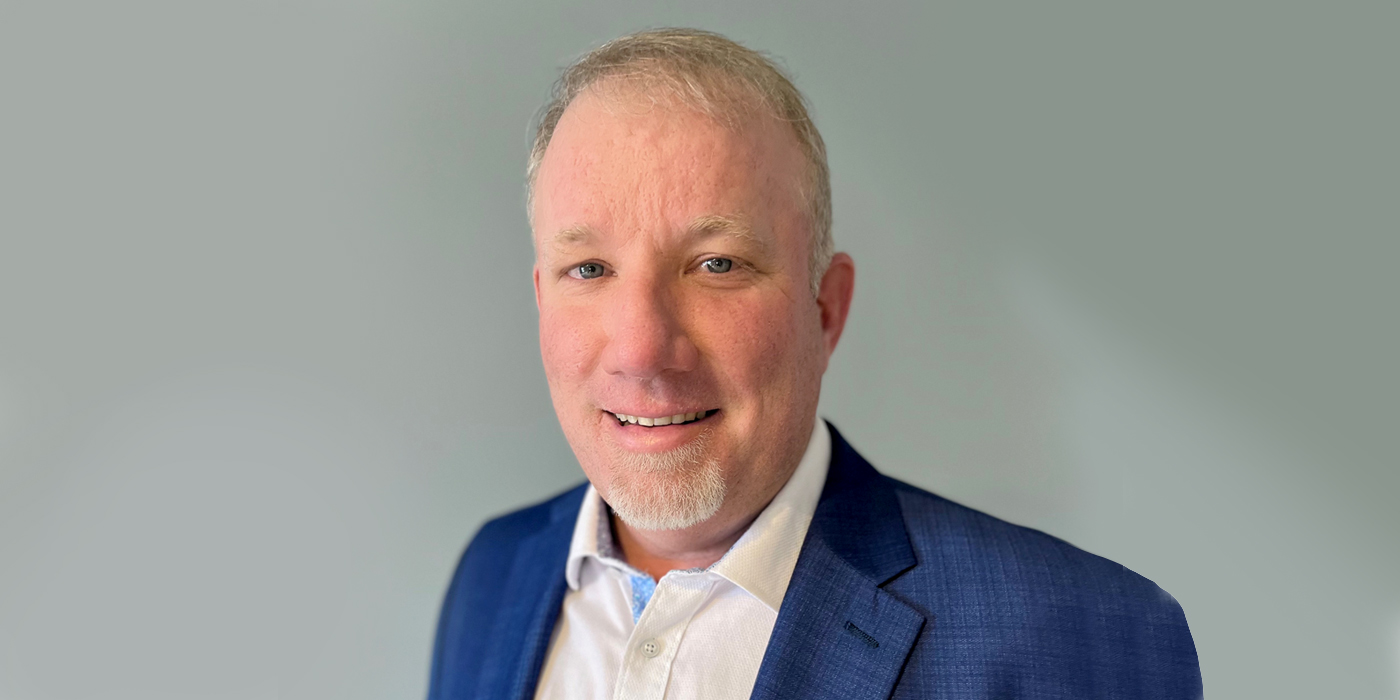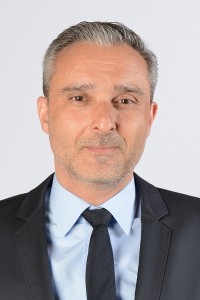 Enrico Manuele has built his career on developing highly functional teams and solid customer relationships – a combination that has proven to generate steady growth and profitability on both sides of the table.
Enrico Manuele has built his career on developing highly functional teams and solid customer relationships – a combination that has proven to generate steady growth and profitability on both sides of the table.
Manuele accumulated extensive business savvy as he advanced through the ranks at Robert Bosch GmbH Automotive Aftermarket Division in Germany. After earning a degree in economics (the European equivalent of an MBA), he held positions in country and regional sales, and marketing management. Later, Manuele advanced to director assignments in global sales strategy and business excellence. In 2011, he was named vice president sales independent aftermarket Western Europe/Mediterranean, and in 2013 assumed that position for all of Europe.
In April of 2016, Manuele brought his expertise, drive and enthusiasm across the pond to North America as regional president North America for Robert Bosch LLC Automotive Aftermarket Division. In this role, he is responsible for all sales, marketing, finance and operations for the Bosch North America Automotive Aftermarket (AA-NA) business.
In today’s interview, Manuele talks to us about how his experiences overseas will inform his new role in North America and what’s ahead for the Bosch Automotive Aftermarket Division.
AMN: Tell us a little about your background and what experiences you feel have best prepared you for this new role as Bosch North American Aftermarket Regional President?
Manuele: I have a long history in the aftermarket with Bosch. Prior to coming to North America, I was vice president of independent aftermarket for all of Europe where I enjoyed building strong customer relationships. Since arriving in North America, I have begun to visit customers here as well, to understand their needs and how Bosch can best answer them. This is one of the most vibrant, dynamic and certainly the largest unified market in the world. Similar to Europe, Bosch will bring innovative technologies to our customers and support products with training, cataloging and digitally enabled business solutions.
AMN: What are some of your short- and long-term goals as you settle into your new role?
Manuele: For the short-term, my goals include learning the nuances of the North American market and deepening my personal relationship with our customers in the U.S., Canada and Mexico. As always, Bosch has a culture of continuous improvement and innovation. This will not change and we will continue to strive for excellence in all areas of our business, and particularly with our great customers.
For the longer-term, the goal is to grow our business in North America and to strengthen the Bosch brand in this market. Bosch is an innovation leader, on the cutting-edge of many new technologies that are changing the industry, like ADAS, GDI, electrification, and telematics. Our OE involvement in these technologies positions Bosch as a qualified aftermarket partner for premium quality service parts. We also expect to see increasing complexity of vehicle technology and Bosch will be there as well to support workshops with the training and repair information they’ll need to stay competitive.
AMN: Bosch has always been vocal about the importance of protecting its intellectual property and the importance of it to the industry as a whole. What’s your perspective on this critical industry issue?
Manuele: Innovation is vital for our industry. Bosch is well-known for thought leadership and innovation. The Bosch Group files an astounding number of patent applications each year and invests approximately 10 percent of sales back into research and development. Innovation helps us to create value for our customers and to differentiate Bosch products from those of our competitors. Bosch ICON Wiper Blades alone have over 150 patents. When patents are violated, everyone ultimately loses.
Bosch also has a zero tolerance policy against counterfeits, which are harmful to our industry. Our distribution customers lose market share to counterfeiters. Additionally, at the workshop level, technicians are misled when they believe they are installing quality parts, which instead are counterfeit. With vehicles becoming more and more complex, installing a sub-standard or counterfeit service part could adversely affect a repair, resulting in a comeback that costs both money and reputation, and could even impact safety.
All of our trade associations stand with us and have provided excellent support on this topic.
AMN: Another key element to Bosch’s relationship with its customers is training and education. Tell us about some of the different ways you help keep your customers informed and knowledgeable about your products and technology changes?
Manuele: Training has always been essential in our industry; but today as automotive technologies and systems advance and evolve, it becomes critically important. As a leader in developing new technologies, Bosch provides the very best training programs that keep technicians current and working at peak efficiency. Bosch offers a wide range of resources and platforms for all experience and skill levels, such as hands-on training and seminars, digital courses, technical manuals and a robust training website (see BoschTechInfo.com, and AVIonDemand.com/bosch-training).
It’s also important for the industry as a whole to support the training of new technicians to keep repair shops staffed with highly trained technical graduates well into the future. That’s why Bosch contributes generously to a number of scholarship funds.
AMN: What are some of the key differences you see between the automotive aftermarket in North America versus Europe, where you previously served with the company?
Manuele: America has a great automotive tradition. Bosch is very proud to be a major supplier to all OEMs operating in North America – including the Detroit 3 – as well as to IAM distributors in multiple channels. When looking at the aftermarket, there are a variety of interesting differences between Europe and North America. In Central and Western Europe, the OES has a higher market share, the DIY segment is quite small, cars in general are younger, there are more diesel vehicles, and mandatory vehicle safety inspections are the norm rather than the exception. By contrast in much of North America, there are more cars per capita and it’s not unusual for a larger family to own three or more cars.
AMN: As an observer, what do you feel are some of the biggest challenges the North American aftermarket faces right now? Alternatively, in your opinion, what are some of the industry’s strengths today?
Manuele: The North American aftermarket is probably the most dynamic in the world. Some of the biggest opportunities, and challenges, include the latest automotive technologies enabled by electronics, telematics and the advanced tools, equipment and training. Aside from technical developments, data management, inventory management and managing a global supply chain are critical for success. Our industry has always risen to the challenge to provide parts for every car. We keep vehicles moving.

